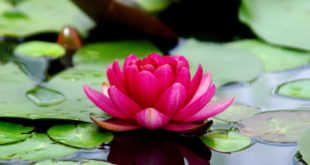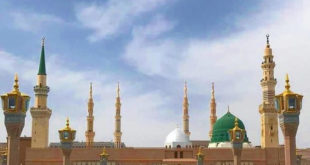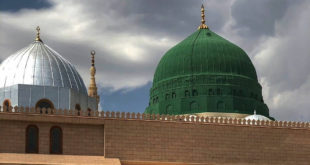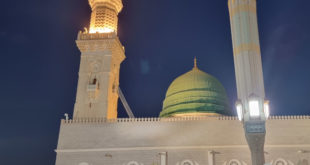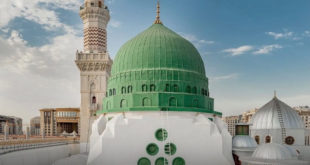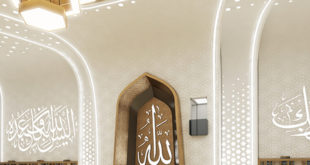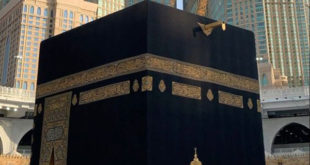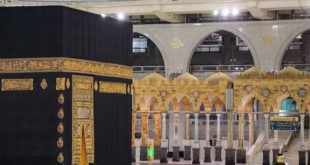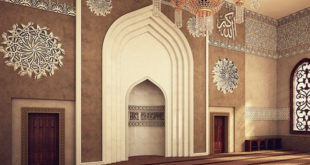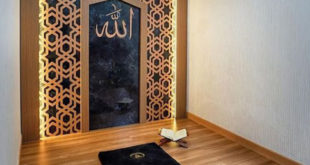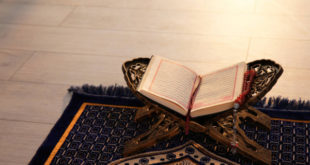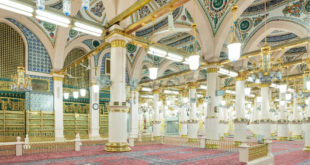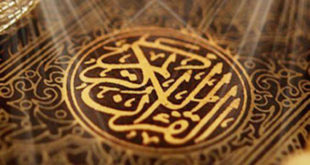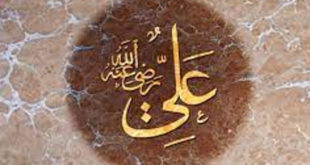Method of Laying Out the Kafan and Enshrouding the Male Deceased It is sunnah to enshroud a man in three cloths i.e. a qamees (kurta), an izaar (loincloth), and a lifaafah (sheet).[1] The izaar (loincloth) will be from the head to the toe. The lifaafah (sheet) should be slightly longer …
Read More »Recent Posts
December, 2011
-
17 December
Ghusal of the deceased
Preparation for the Ghusal Once the necessary requirements for the ghusal and kafan are found, the deceased will be placed on a stretcher or bier and taken for the ghusal. If possible, incense sticks should be burnt one, three, five or seven times. The reason for burning incense near the …
Read More » -
4 December
Muharram and Aashura
Muharram and Aashura It is the divine system of Allah Ta’ala that He has afforded special virtue and significance to certain things over others. From mankind, it is the Ambiyaa (Alayhimus Salaam) who have been blessed with the highest status and most distinguished position over others. From the different places …
Read More » -
3 December
The Final Moments
Every soul shall taste of death. (Surah Aal-e-Imraan: 185) Death is an inevitable event which no man can escape. As such, the reality of death is something which is accepted by both the believer and disbeliever. As far as a disbeliever is concerned, he views death as a terminating point …
Read More »
November, 2011
-
23 November
Sunnats and Aadaab (Etiquettes) upon awakening – 2
Sunnah Duas Upon Awakening for Tahajjud
Upon awakening for Tahajjud, recite the last ten verses of Surah Aal-e-Imraan.[1] Also recite the following before commencing the Tahajjud Salaah:
(1) Allahu Akbar ten times
(2) Alhamdulillah ten times
(3) Subhaanallahi wabihamdihi ten times
(4) Subhaanal Malikil Quddoos ten times
Read More »
-
Tafseer of Surah Naazi’aat
وَ النّٰزِعٰتِ غَرۡقًا ۙ﴿۱﴾ وَّ النّٰشِطٰتِ نَشۡطًا ۙ﴿۲﴾ وَّ السّٰبِحٰتِ سَبۡحًا ۙ﴿۳﴾ فَالسّٰبِقٰتِ سَبۡقًا ۙ﴿۴﴾ …
Read More » -
The Extreme Generosity of Hazrat Talhah (radhiyallahu ‘anhu)
-
Securing the Blessings of Ramadhaan, Umrah and Hajj – The Tolerance of Rasulullah (sallallahu ‘alaihi wasallam) – The Orchards of Love – Part Seventy Three
-
Receiving the title of Al-Fayyadh from Rasulullah (sallallahu ‘alaihi wasallam)
-
Hazrat Talhah (radhiyallahu ‘anhu) Fulfilling his Pledge
-
Receiving Seventy Rewards
Hazrat Abdullah bin Amr bin Aas (radhiyallahu ‘anhuma) reported, “Whoever sends salutations upon Nabi (sallallahu ‘alaihi wasallam) once, Allah Ta‘ala and His angels will send seventy mercies and blessings upon him in return of his one Durood. Hence, whoever wishes to increase his Durood should increase it, and whoever wishes to decrease his Durood should decrease it (i.e. if he wants to earn great rewards, then he should increase his Durood).”
Read More » -
Increase in Sustenance
-
The Reward of Fasting on the Day of Arafah
-
The Angel that Stands at the Blessed Grave of Hazrat Rasulullah (sallallahu ‘alaihi wasallam) to Convey the Durood of the Ummah
-
Reciting Durood when Entering the Musjid
-
Sunnats and Aadaab of the Host – 2
2. Entertaining and hosting guests is a means of attaining great barakah (blessings) from Allah …
Read More » -
Sunnats and Aadaab of the Host – 1
-
Sunnats and Aadaab which every person needs to adhere to in his individual life – 9
-
Sunnats and Aadaab which every person needs to adhere to in his individual life – 8
-
Sunnats and Aadaab which every person needs to adhere to in his individual life – 7
-
Hazrat Ali (radhiyallahu ‘anhu) – Part Forty-One – Being Sent by Rasulullah (sallallahu ‘alaihi wasallam) to Level the Graves, Destroy Idols and Erase Pictures
Hazrat Ali (radhiyallahu ‘anhu) reports that on one occasion, Rasulullah (sallallahu ‘alaihi wasallam) attended a …
Read More » -
Rasulullah (sallallahu ‘alaihi wasallam) Approving of the Verdict of Hazrat Ali (radhiyallahu ‘anhu) – Part Forty
-
The True Ulamaa – Hazrat Ali (radhiyallahu ‘anhu) – Part Thirty Nine
-
Du‘aa for Assistance in Settling Debts – Hazrat Ali (radhiyallahu ‘anhu) – Part Thirty Eight
-
The Concern of Hazrat Ali (radhiyallahu ‘anhu) regarding Business being Conducted According to the Islamic Principles – Part Thirty Seven
 Ihyaaud Deen An Effort to Revive Deen in Totality
Ihyaaud Deen An Effort to Revive Deen in Totality























